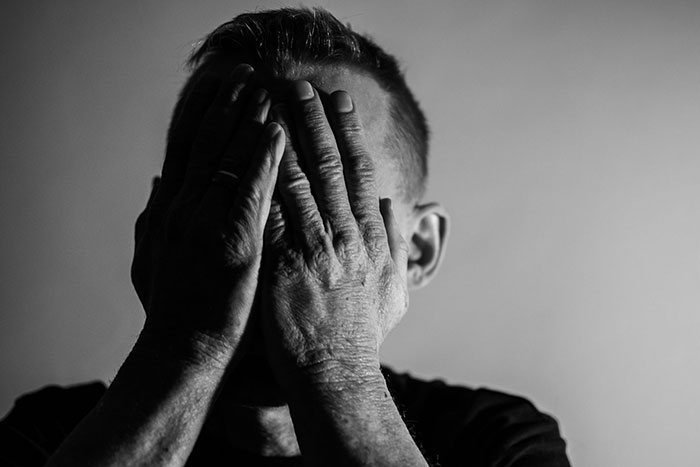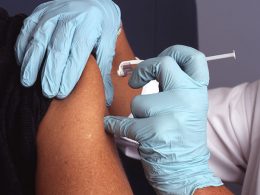A new study has found out that nearly one in five persons diagnosed with coronavirus develops mental health problems like anxiety, depression, or insomnia within three months. The study, carried out by researchers at Oxford University, used the health records of about 69.8 million patients in the United States, including more than 62,000 diagnosed with COVID-19.
The study compared COVID-19 patients with others that had influenza, kidney stones, or major bone fractures. It found out that those who had come down with the coronavirus disease were more likely to have mental health issues within 14 to 90 days.
In the research published Monday in Lancet Psychiatry, the study observed that the incidence of mental diagnosis within 14 to 90 days after diagnosis for COVID-19 was 18.1%, including the 5.8% at first diagnosis.
Paul Harrison, a professor of psychiatry at Oxford University and one of the study’s authors, asserted that people recovering from COVID-19 were twice as likely to be diagnosed with a mental health disorder when compared with someone who had the flu. He explained that the research, of course, was within the first three months, as the study didn’t follow up to decide if it was a long-term problem or not.
The study also found out the relationship between mental illness and COVID-19 was a two-way phenomenon, as people with mental health disease were about 65% more likely to be diagnoses with COVID-19 than people without any case of mental illness.
The study didn’t give reasons for this predisposition of people with mental illness towards COVID-19. While on its research, the study team ensured control for certain factors that could have resulted in mental health problems in COVID-19 patients, such as housing problems or problems with finance, yet the risk persisted.
The study was consistent with another study that employed the data of the US electronic health network, in which there was an increased risk of COVID-19 infection and deaths among people with mental illness.
However, many are wont to ask, that with the devastating influence of the coronavirus disrupting the lives of millions around the world, aren’t we all experiencing some level of anxiety?
However, Harrison concludes that the study revealed something more sinister than the normal anxiety everyone is experiencing. He said the design of the study compared the mental health of people recovering from COVID-19 and those recovering from other major illnesses within the same period of January and August when everyone, no matter the disease they faced, lived through the pandemic also.
The researchers also revealed the type of COVID-19 patients that were more prone to developing mental health challenges within the three months. The result showed that patients who were hospitalized were more at significant risk of developing mental disorders.
Increased dementia also happened among those recovering from COVID-19, although the reason for this is yet to be established.
Lauri Pasch, a clinical psychologist at the University of California, who was not a part of the study, agreed with the study’s findings. Pasch, who has been working with patients hospitalized for COVID-19, said they’re witnessing lots of anxiety and sadness among patients. She said patients complain of sleep problems and nightmares.
However, not all recovering COVID-19 patients complain of mental health disorders three months into their diagnosis. In fact, the majority of them do not. For some of these patients, the sheer ability to survive a disease that has killed millions has changed their perspective. More patients become grateful and better people, with a generally positive outlook on life.
Meanwhile, researchers at Oxford and the University of California, San Francisco, are still gathering data on post-COVID-19 mental health over the longer term.
Source: npr.org









